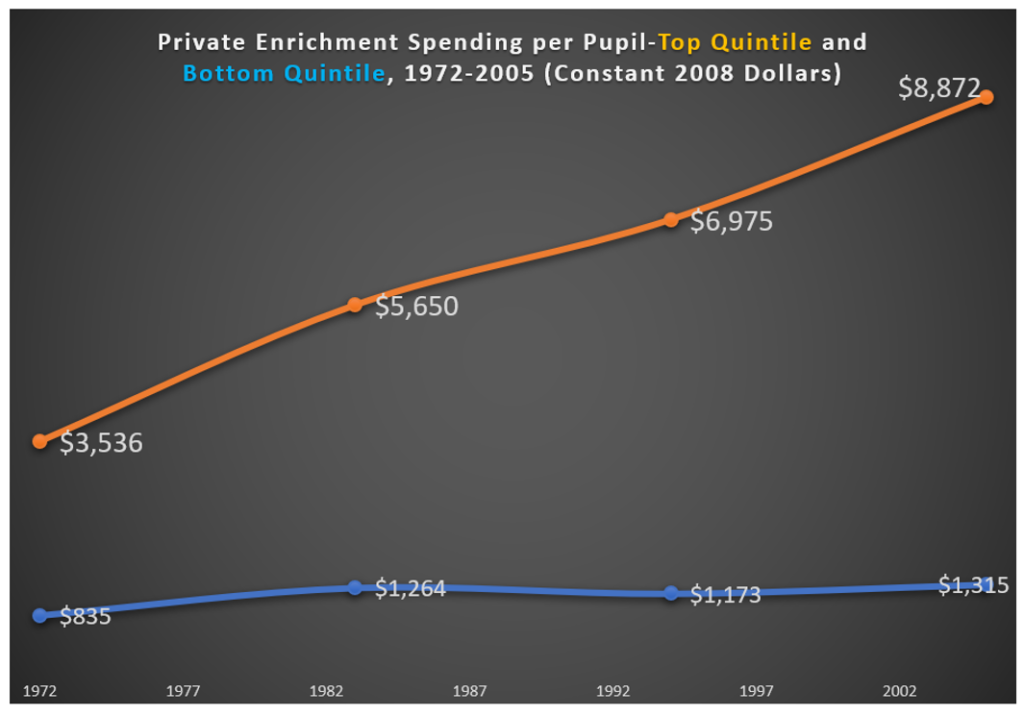 Andrew Rotherham recently proposed that America’s public schools remain open this summer. Many impediments stand in the way of this, including numerous laws and many thousands of contracts. A common reaction to Rotherham’s summer school proposal looks something close to “that’s not going to happen.”
Andrew Rotherham recently proposed that America’s public schools remain open this summer. Many impediments stand in the way of this, including numerous laws and many thousands of contracts. A common reaction to Rotherham’s summer school proposal looks something close to “that’s not going to happen.”
This was a common reaction to lost instruction time during the 2018 teacher strikes as well.
One group of students – early elementary school children struggling to read – will face serious long-term detriments to chalking the 2020 pandemic up to an act of God. These kids may or may not need and may not be able to get summer school, but they certainly need solutions. These students have a literacy acquisition window, and some of them aren’t going to have their needs met otherwise.
The Big Picture
The United States has an active market in education enrichment, and well-to-do American families have been spending more and more on it.

It’s a safe bet that many students learn to read at home, but others are much more dependent on school to equip them with academic knowledge and skills. Students in advantaged households are likely to fare better during the current closures as well, due to greater access to a variety of resources.
Why It Matters
Learning to read is similar neurologically to learning a foreign language. The reason, for instance, that Arnold Schwarzenegger still speaks English with a heavy Austrian accent despite having lived in the United States for many decades is because he learned English relatively late in life. He could have become a more fluent English speaker, but only with a much greater effort compared to what would have been required if he had learned when he was younger.
If students fail to learn to read in the early grades, they often struggle as grade-level material advances. Such students will describe themselves as “bored,” but “discouraged” might be a better description. They tend to start dropping out of school in large numbers starting in eighth grade. You can test the literacy skills of state prisoners and the news is grim there as well. Literacy becomes much more difficult after age 10.
What to Do?
If summer school for all is either undesired or undoable, strong action is nevertheless called for among young students struggling with reading. Florida already had established a modestly funded ($500) education scholarship account for struggling readers. This program could be expanded to help facilitate the creation of summer reading camps if the pandemic persists.
Local education agencies might create summer schools focused on struggling readers. Perhaps Florida Virtual School could help such students. The clock is ticking for these students, and in early literacy, neglect is malign rather than benign.